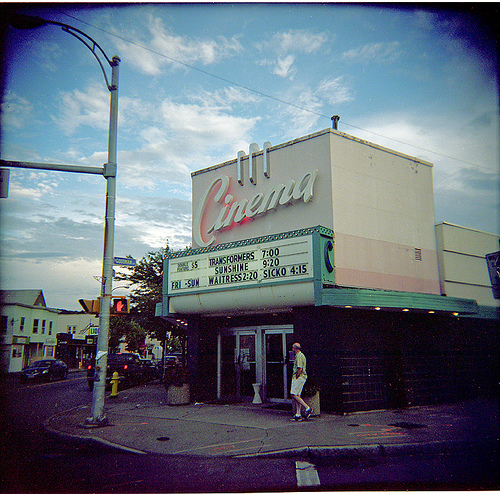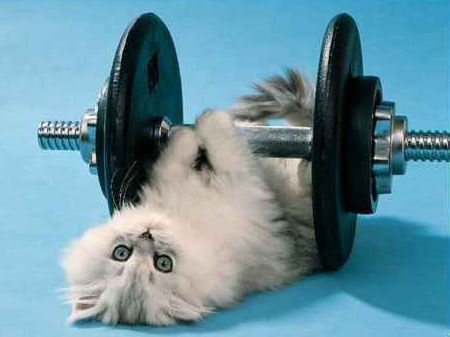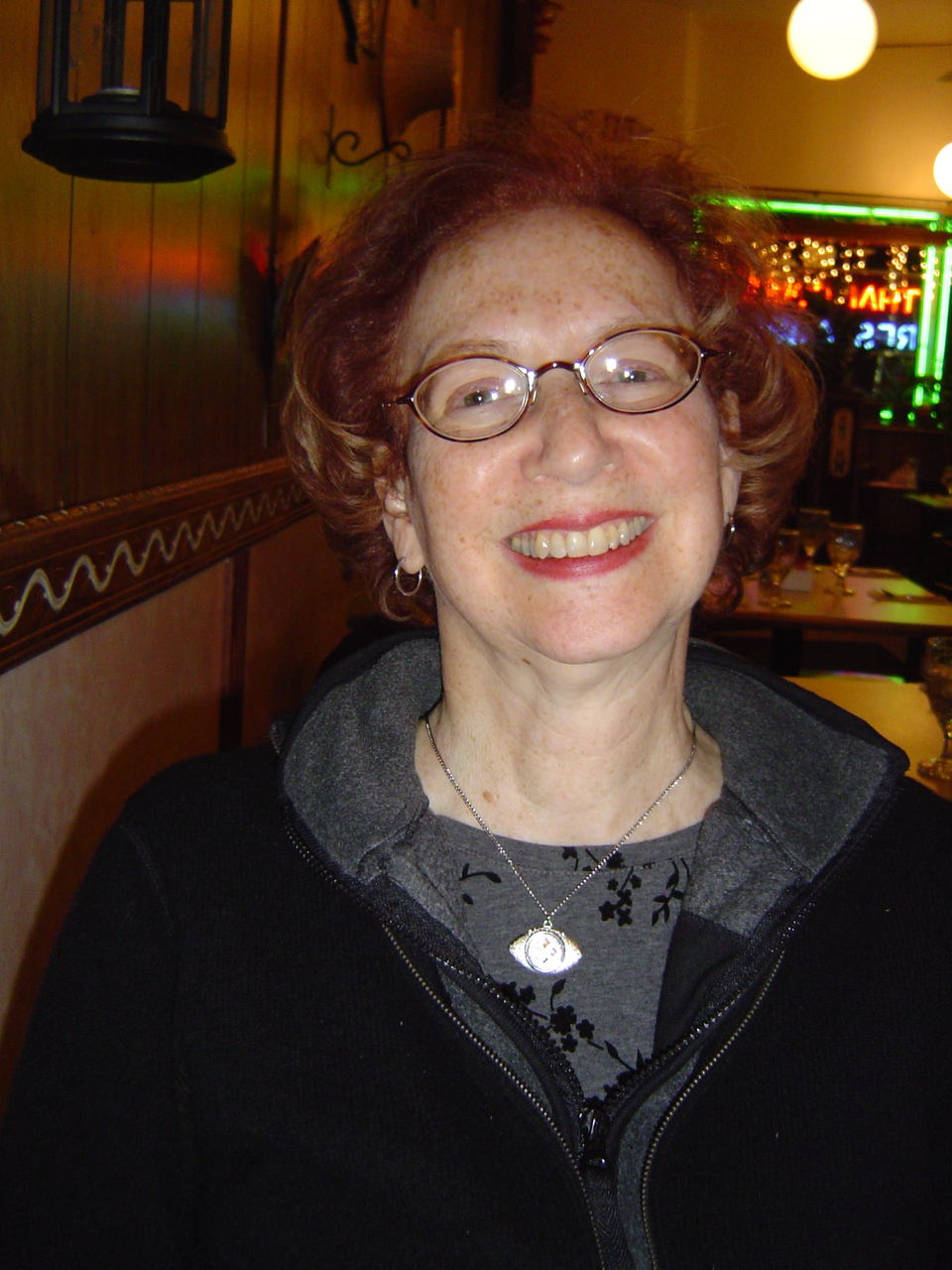Kim, a thyroid cancer patient, responded to my last week’s post about tips for handling family during illness:
“I think I might be the only person in the world who hasn’t told her own parents about her cancer diagnosis. :P From growing up, I know that my parents, esp my mom, would totally freak out if she ever found out about my thyroid cancer. She would try to control every last food item that I put in my mouth and would probably try to come live with me (uninvited). With my work and life, I couldn’t deal with any of that drama during and around my surgery, which was over 3 months ago. Now, though, I wonder how long I can keep this secret from them. Any thoughts or advice on breaking this type of news ‘after-the-fact’ would be appreciated! Or, validation that it’s OK never to tell your own parents?!”
I know from writing my book, Everything Changes, that Kim is not alone. I’ve met and written about other people who chose to not tell their parents about cancer and other serious medical conditions, or who denied their parents’ help and presence during treatment. There are rare circumstances where it may be a smart choice to wait to tell your parents. If your parent is irrational, you have an extremely stressful relationship, or they have a mental illness that prevents them from being helpful, empathetic, or supportive, going through cancer care without your parents and with an organized set of stable, supportive friends might be the best choice for you.
Kim, I don’t know that there is a right way to tell your parents, but here are a few things that come to mind that could be helpful: Do it in person if possible; Don’t do it in public; Ask a stable family member (a cousin or aunt) to be present with you (or if you have to do it over the phone ask them to call your parents after you’ve spoken with them); Bring or send simple, written information to back up good, rehearsed definitions about your disease, your treatment path, and how it impacts your daily life; Think about how to answer when they ask “Why didn’t you tell me?” If it’s a good time to dive into the root of your relationship problems, then prepare for how to have that conversation. Otherwise, prepare strong statements about how and why not telling was the most supportive thing for you. And acknowledge that you understand why they might feel hurt by your choices; Alert your friends about the conversation so they are there afterwords to give you the love and support you deserve.
I’m curious what words of advice or support other people have for Kim. Have any of you hidden your cancer from your parents or waited a long time to tell them?
![]()
![]()





 “Everything Changes is, without doubt, the most forthright, emotionally sophisticated, and plain-old valuable book of its kind I've seen.”
“Everything Changes is, without doubt, the most forthright, emotionally sophisticated, and plain-old valuable book of its kind I've seen.”












